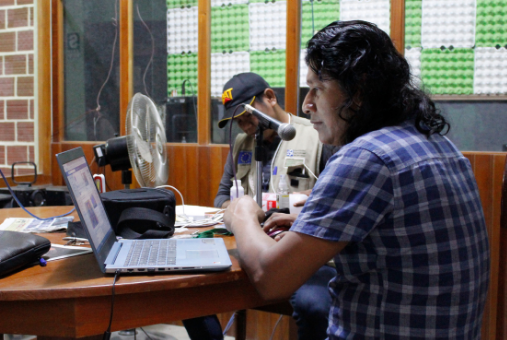
Despite the fact that community stations stopped broadcasting in this pandemic, Radio Ucamara, at 98.7 FM, continued with its mission of revitalizing and recovering the Kukama language and culture.

“For the past year, journalists from around the world have found themselves covering the biggest story of their lifetime. A global immunization effort is now underway, and journalists are now challenged and given the opportunity to cover the multidimensional aspects of the vaccine."
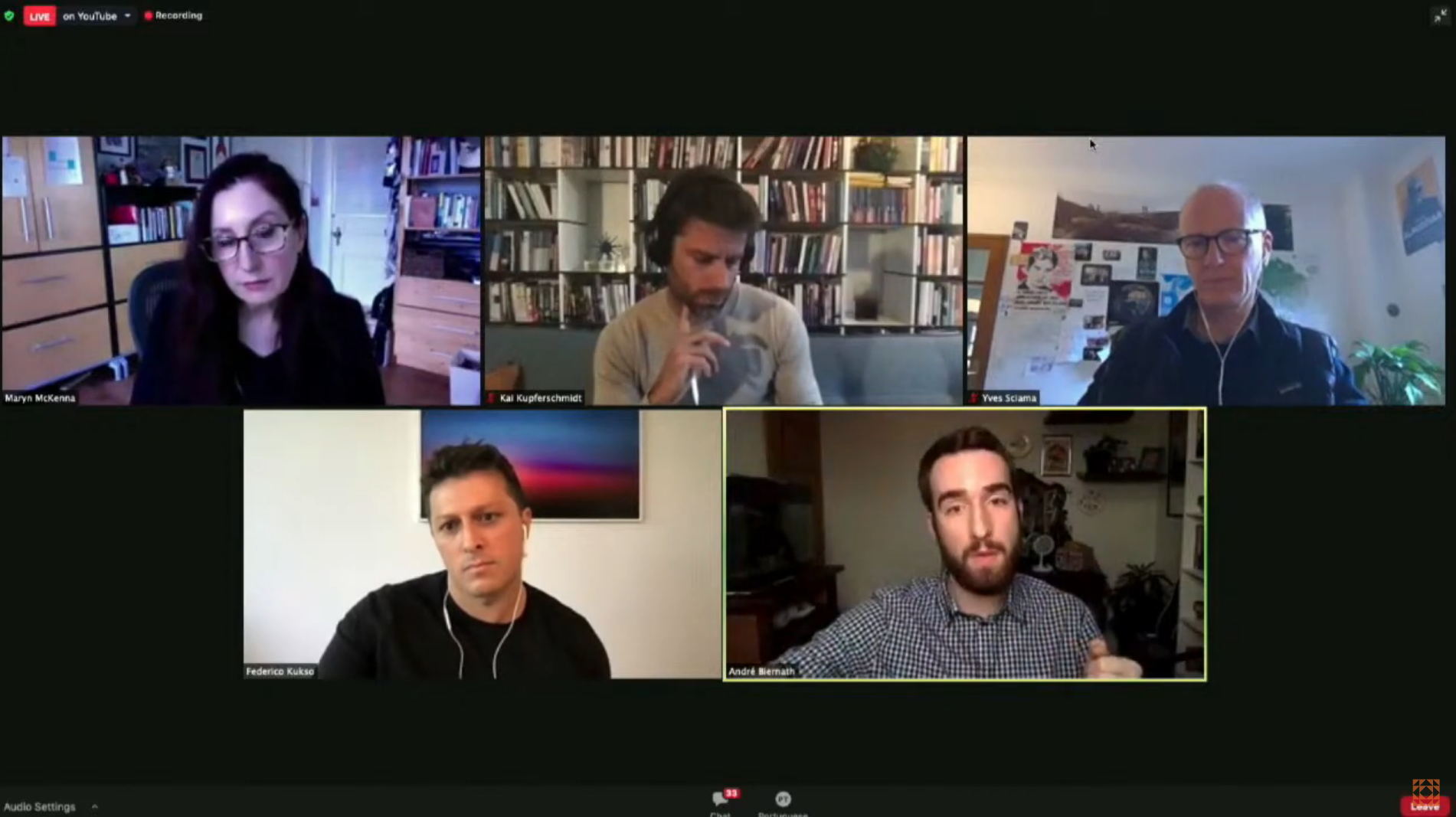
The webinar "COVID-19 vaccine coverage: What journalists need to know" brought together science journalists to discuss the challenges of vaccine coverage and immunization campaigns against COVID-19.
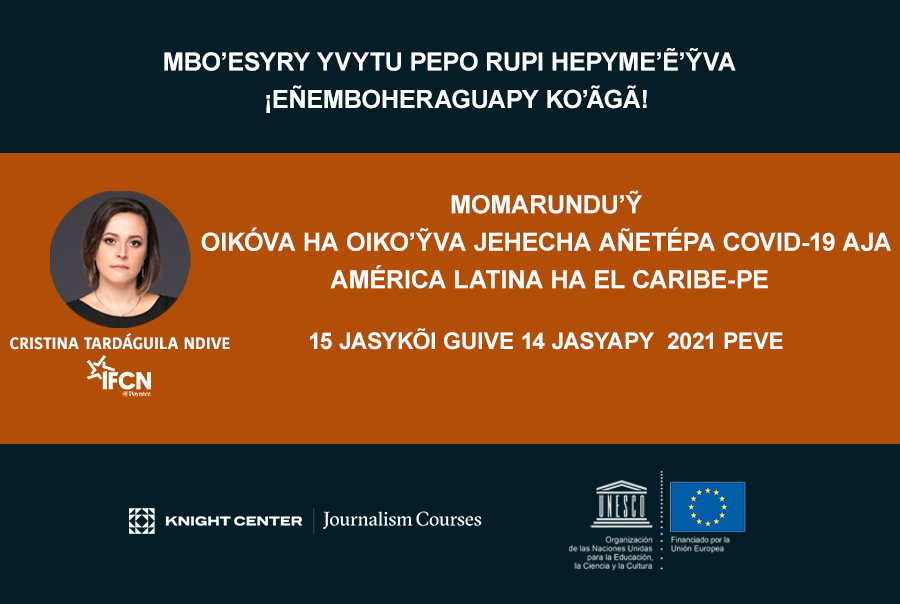
Sa suáma oḡuahẽ ko yvy ári mbegue mbeguépe hasýva COVID-19gui ha ohasáma mokõi sua omanóva ichugui, Centro Knight Texas Mbo’ehaovusu ha UNESCO ñeipytyvõme omoḡuahẽ tekombo’e yvytu pepo rehe ikatúvo ñarairõ mba’asy ruvicha aja mba’asy vaive ha’éva “momarandu’ỹ”.

As an extension of this training, our partners at UNESCO and the World Health Organization have helped us compile a robust list of resources for journalists covering COVID-19 and vaccines, available below.

Brazilian journalist Cristina Tardáguila wants to build a global army of fact-checkers in Latin America and the Caribbean.

The Knight Center is holding a free webinar aimed at helping journalists deepen their understanding and coverage of the COVID-19 vaccines.
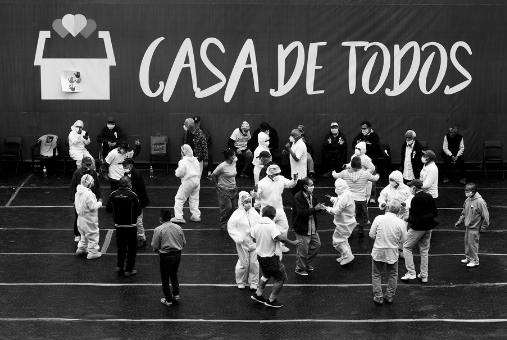
With a podcast, book of crónicas with thoughtful photographs and a mini-documentary in Spanish with an English version, the publishing house of the Peruvian University of Applied Sciences (UPC, for its acronym in Spanish) tried to portray the dignity of eleven men by telling their stories.
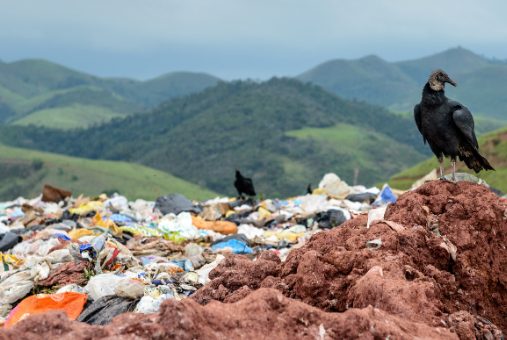
A guide recently launched by the organization Saudé sem Dano (Health Care Without Harm) provides tools for journalists in Latin America to include the perspective of public health in coverage of climate change.
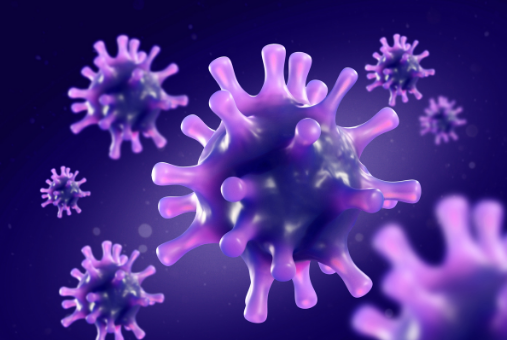
The Knight Center's popular MOOC, "Journalism in a Pandemic: Covering COVID 19 Now and in the Future," is now available as a self-directed course in six languages: Arabic, Russian, English, Spanish, Portuguese and French.
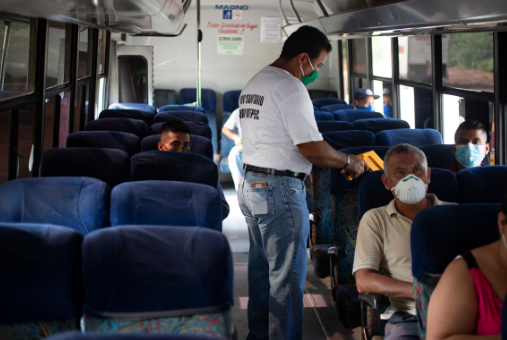
Between July and August this series of Quinto Elemento Lab, “Migrar bajo las reglas del COVID”, managed to answer a piece of the puzzle: what was happening with the migrants?
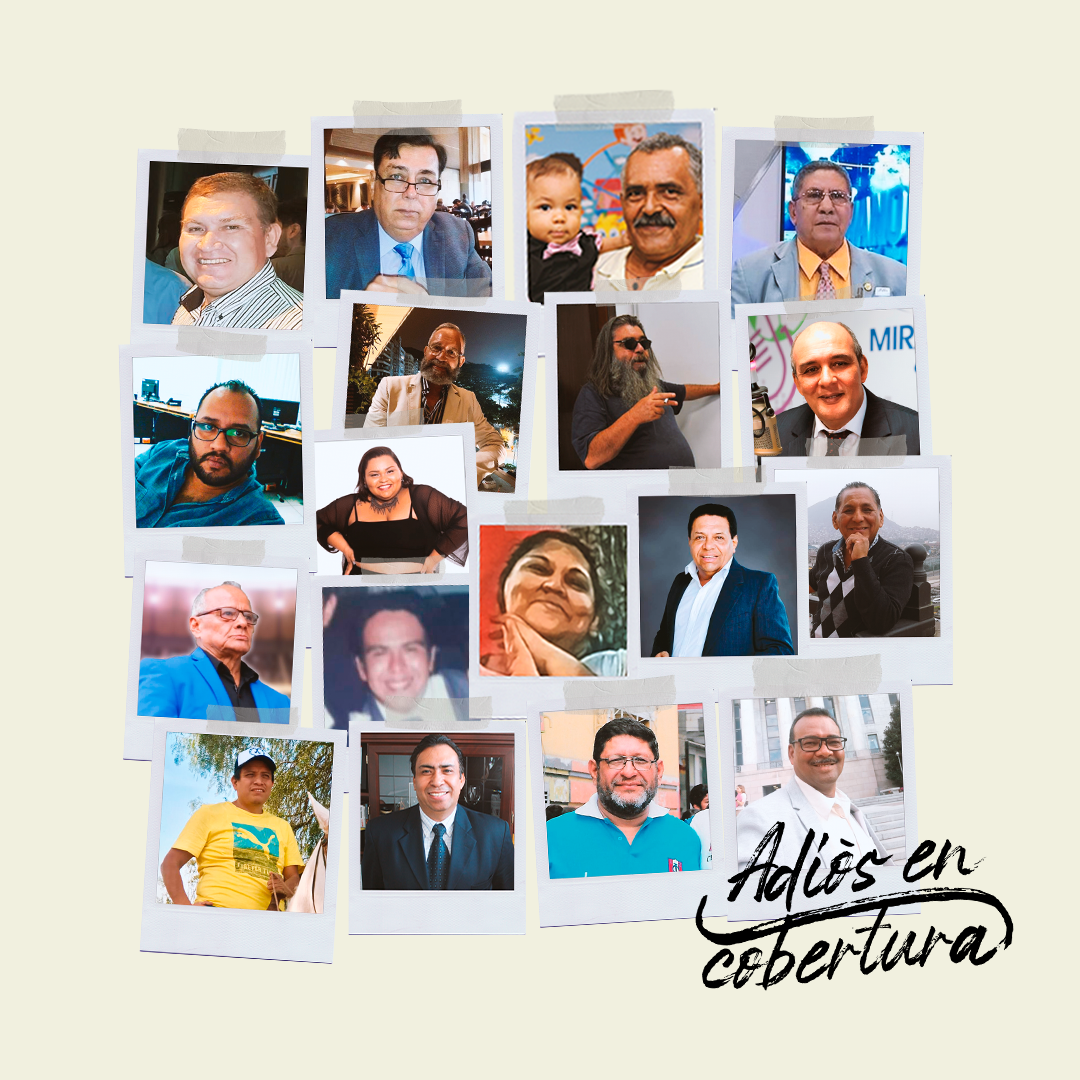
Health neglect and job insecurity are among the main conditions that contributed to a greater exposure to the viral infection of the deceased Latin American journalists, said Distintas Latitudes.